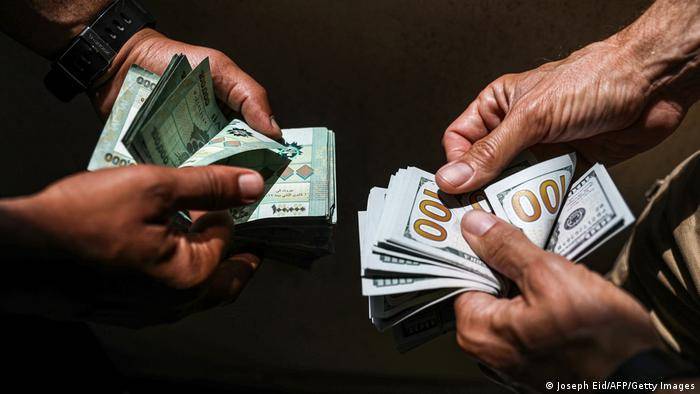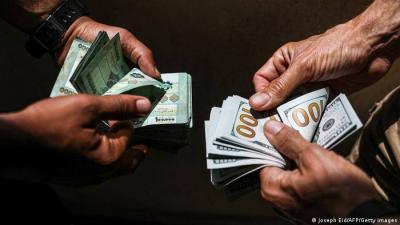The launch of the Bloomberg dollar trading platform has been postponed, after the Deputy Governors of the Central Bank of Lebanon had previously promised its launch multiple times following the cancellation of the Sayrafa platform. The delay is linked to several reasons: the first is the ongoing security events in Lebanon and the region, noting that foreign experts from Bloomberg were supposed to come to Lebanon to train relevant parties (bankers, money changers, and Central Bank employees) on how to use this promised platform.
The second reason, which is not publicly declared, is that Lebanon is not yet prepared for a complete liberalization of the exchange rate, nor to manage it like the Egyptian pound and the Turkish lira. The lack of readiness is associated with delays in a series of financial and banking reforms that seem to have been neglected and postponed, not due to war conditions, but because there is no intention for reform from either the government or the parliament; evading responsibility is the dominant attitude, despite occasional declarations of false heroics, as observers have confirmed.
The third reason, according to monitors, is that the new governance of the Central Bank has succeeded in stabilizing exchange rate fluctuations without incurring losses in terms of reserve depletion or remaining mandatory deposits that benefited certain parties in an illegal manner. Relevant sources confirmed to "Ndau Al-Watan" that the acting Central Bank Governor, Wassim Mansouri (in agreement with the other deputy governors), is very confident in his new method of controlling the circulated monetary mass in lira, which currently ranges between 54 and 55 trillion lira, after it had approached 85 trillion lira prior to Salameh’s departure from governance. He is also assured of the cooperation of the Ministry of Finance according to his directives to increase revenue, particularly customs duties and value-added tax.
The sources clarify that more than 92% of the circulating monetary mass in lira is currently linked to revenue, with the remaining small amount in the hands of other traders, most of whom are trading in dollars. Dollarization has increased to over 70% of total cash transactions. This has allowed the Central Bank to overlook balance of payments indicators and focus its attention on controlling public finances and its deficit.
As for the conditions of war and whether they would affect the exchange rate, sources confirm that there is currently no fear given the stable level of military operations in southern Lebanon, stating: "The exchange rate is stable, as are the rules of engagement in the south so far." Regarding the government's need to finance emergency plans, the figures have not yet solidified, and if recourse to the Central Bank becomes necessary, it would require a borrowing law approved by the parliament, noting that the new governance is not in favor of that, nor the expansion of printing lira as long as things remain under control, as they are currently. In the event of full-scale war, the risks would be extremely large, indeed catastrophic, and would not be limited to just the exchange rate; this disastrous scenario is something no one wants to envision today, as everyone is working to avoid it.




